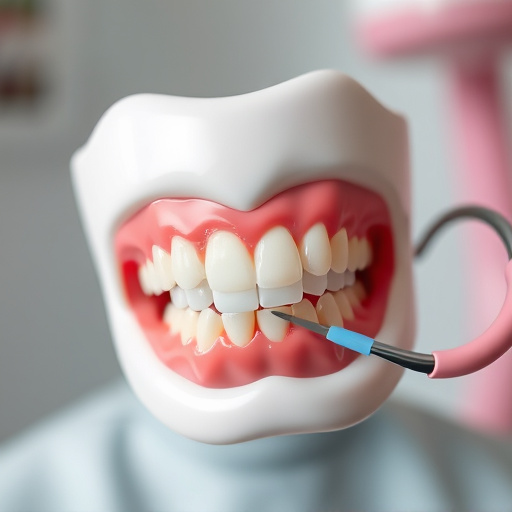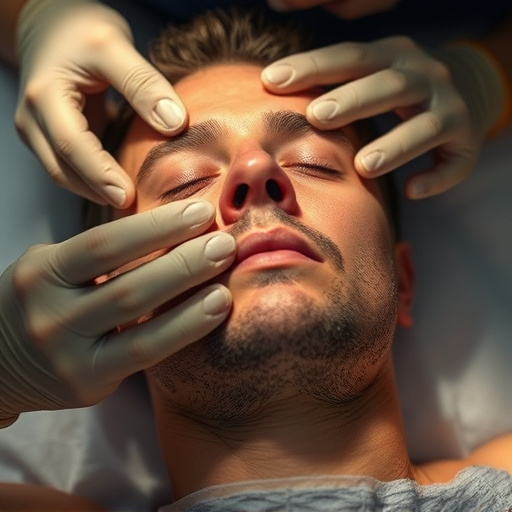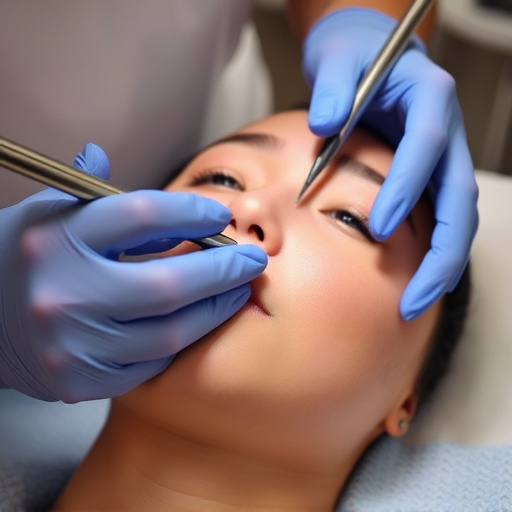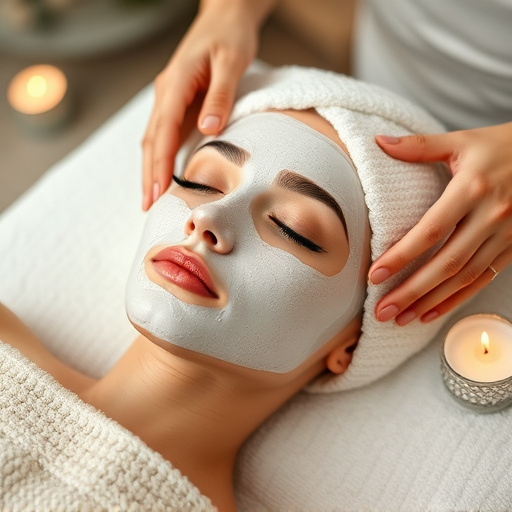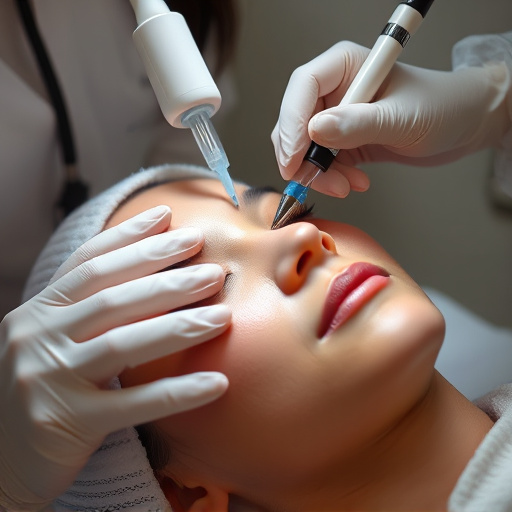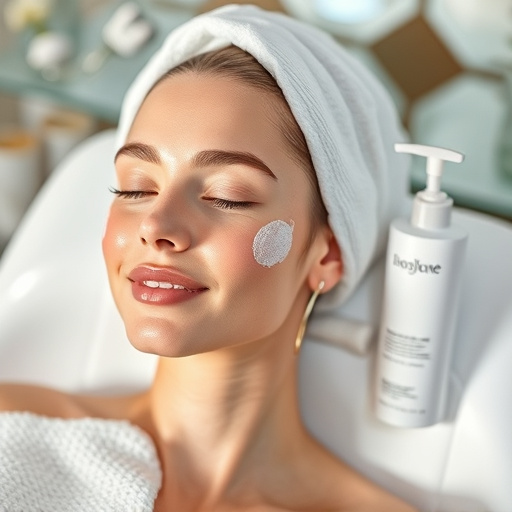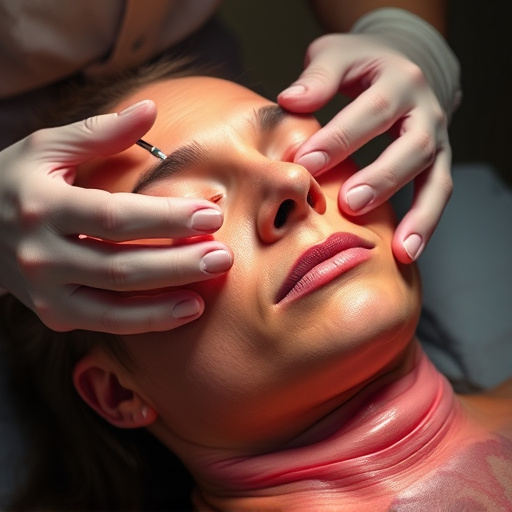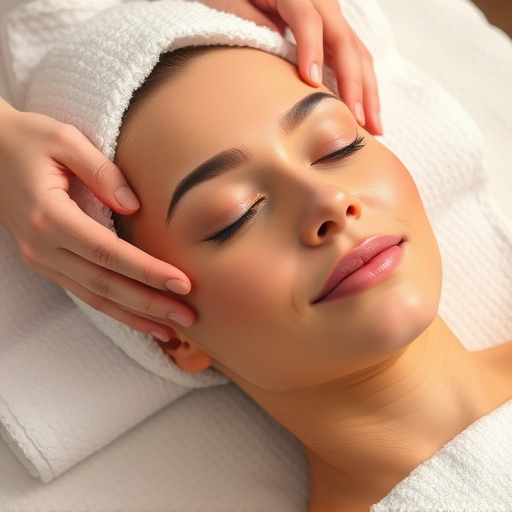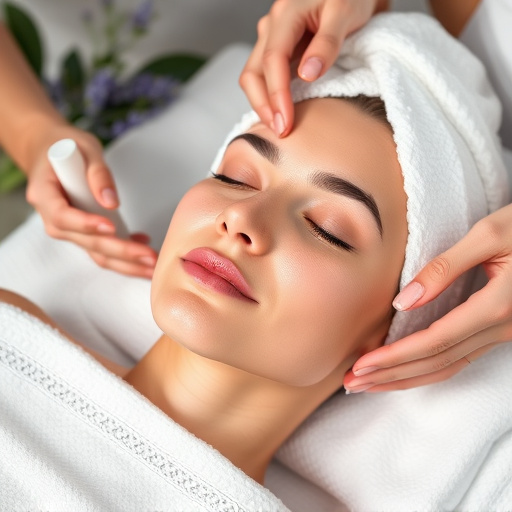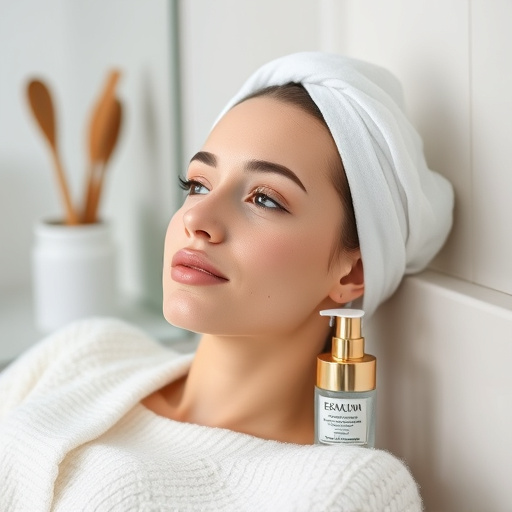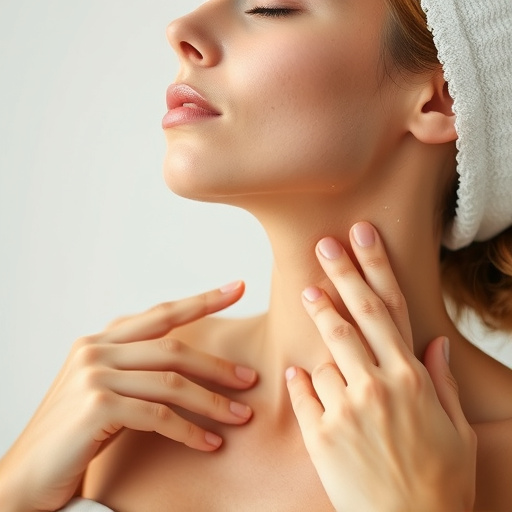Hormonal fluctuations significantly impact adult acne, triggering increased oil production and blocked pores. Medical spa treatments like chemical peels and microneedling target hormonal imbalances for better skin health. Skincare plans tailored to life stages consider hormones, offering facials and pore refinement for effective adult acne therapy.
Hormonal changes play a significant role in the persistence of adult acne, often complicating treatment. This article delves into the intricate relationship between hormones and adult acne, exploring how fluctuations can impact therapy success. We’ll discuss the science behind hormonal influences on skin, offering insights into why traditional methods may not always be effective. By understanding these dynamics, healthcare professionals can tailor targeted strategies for improved adult acne therapy outcomes.
- Understanding Hormones and Adult Acne
- The Impact of Hormonal Changes on Skin
- Tailoring Acne Therapy to Hormonal Fluctuations
Understanding Hormones and Adult Acne
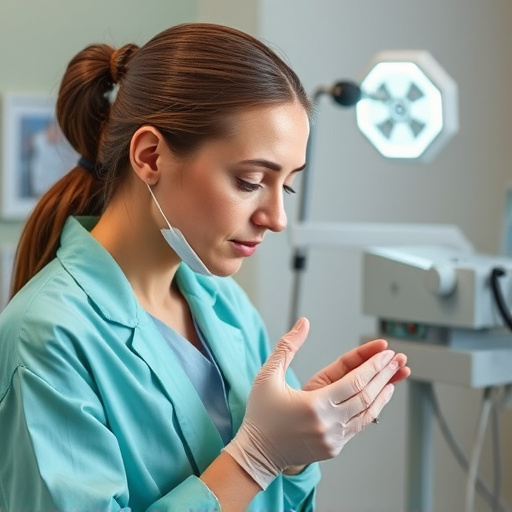
Understanding the intricate dance between hormones and skin health is key to unlocking successful adult acne therapy. Adult acne, contrary to popular belief, is not solely a teenage predicament. It can persist or even emerge later in life due to fluctuating hormonal levels. These changes can be triggered by various factors, including stress, menstrual cycles, menopause, and certain medical conditions. For instance, the rise of androgens, male hormones that also affect women, can lead to increased oil production, blocking pores and sparking inflammation—the hallmark symptoms of adult acne.
Hormonal fluctuations can create a complex environment where skin cells proliferate more rapidly, sebum (skin oil) production increases, and bacteria thrive. This perfect storm often requires tailored approaches in adult acne therapy. Medical spa services like chemical peels and microneedling therapy have shown promise in treating hormonal acne by exfoliating the skin, unclogging pores, and promoting collagen stimulation. These treatments work to normalize skin cell turnover and reduce inflammation, offering a more balanced and clear complexion.
The Impact of Hormonal Changes on Skin
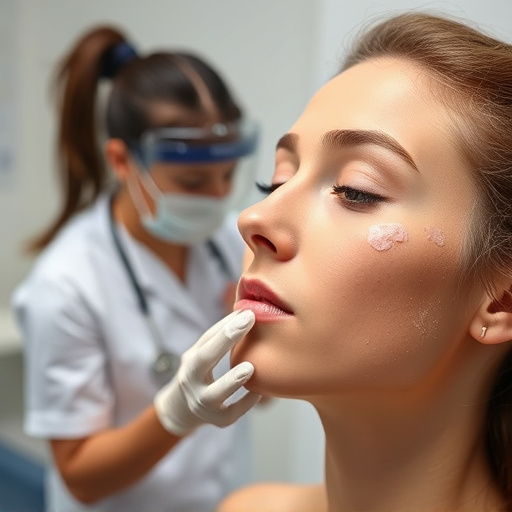
Hormonal changes can significantly impact skin health, particularly for adults experiencing acne. During certain life stages, such as puberty, pregnancy, or menopause, fluctuations in hormone levels can trigger an increase in sebum production, leading to blocked pores and inflammation. This is why understanding the connection between hormones and skin is crucial when addressing adult acne therapy.
For instance, elevated androgen levels, often associated with hormonal shifts, can stimulate oil-producing glands, resulting in greasier skin and larger pores. Moreover, these changes can make existing acne more severe or lead to new breakouts. However, there are effective facial treatments, like hydrating facials, that can combat these effects by providing deep hydration and calming the skin. Pore refinement techniques can also help minimize the appearance of enlarged pores caused by hormonal acne.
Tailoring Acne Therapy to Hormonal Fluctuations
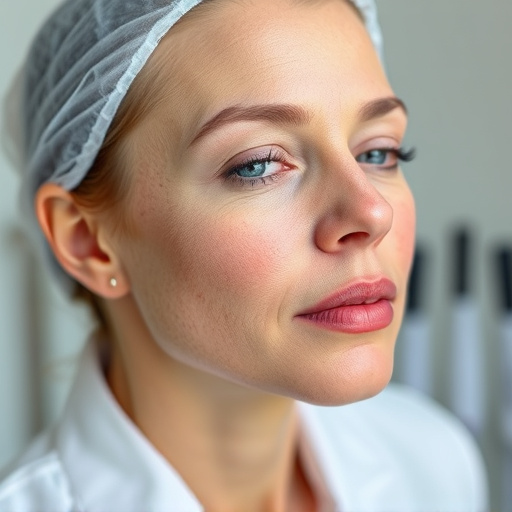
Understanding hormonal changes is crucial when tailoring adult acne therapy. Hormones play a significant role in the development and severity of acne, especially during periods of fluctuations like menstruation, pregnancy, or menopause. For instance, the rise in androgen levels can lead to increased sebum production, blocking pores and triggering inflammation. By recognizing these patterns, dermatologists can offer more effective treatments for adult acne patients.
Personalized skincare plans that consider hormonal influences can include customized facials targeting specific skin concerns, such as deep cleaning or exfoliation, along with chemical peels to rejuvenate the skin. These tailored approaches ensure that adult acne therapy addresses both the root cause and the immediate symptoms, promoting clearer, healthier skin.
Hormonal changes play a significant role in the success of adult acne therapy, highlighting the need for personalized approaches. By understanding how hormones impact skin, we can tailor treatments to specific fluctuations, offering more effective solutions for managing adult acne. This targeted approach ensures that individuals experiencing hormonal-related breakouts receive optimal care, ultimately improving their skin health and confidence. When it comes to adult acne therapy, acknowledging the influence of hormones is a game-changer.


